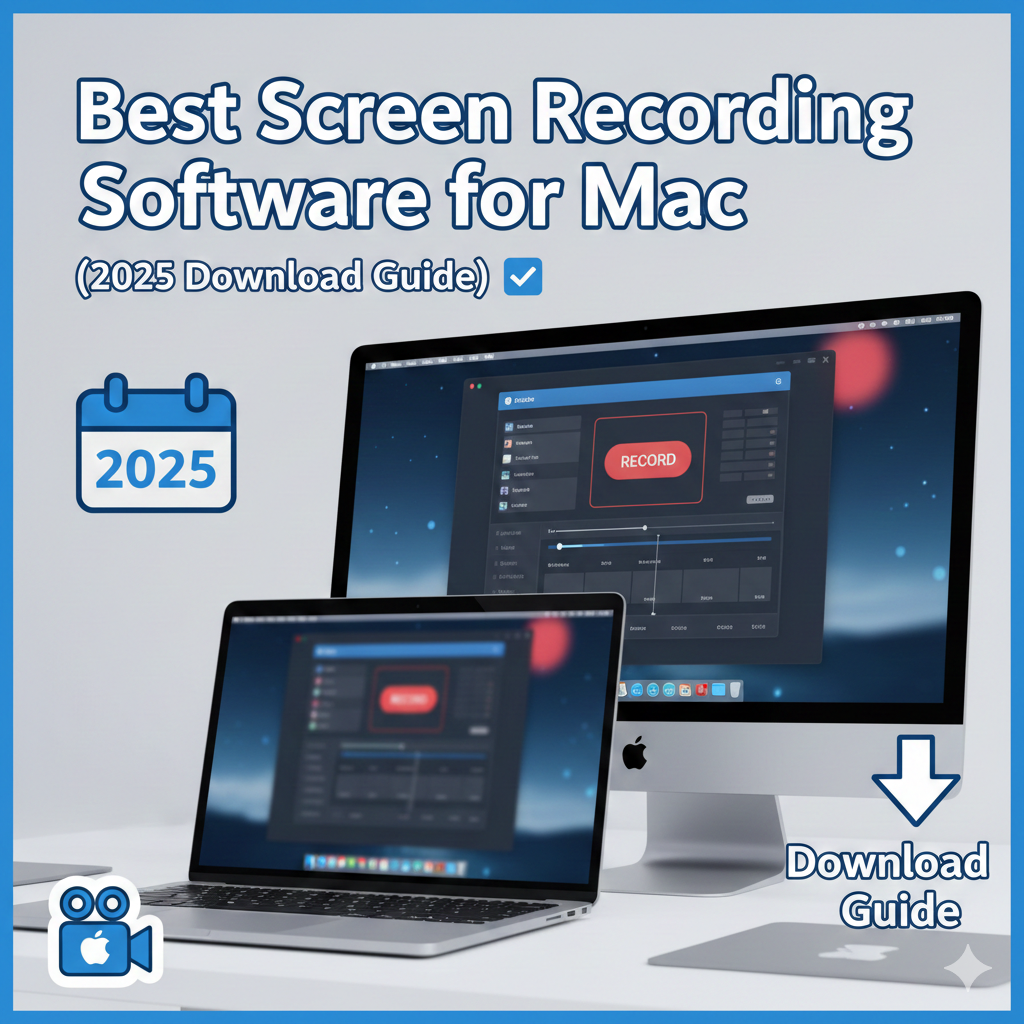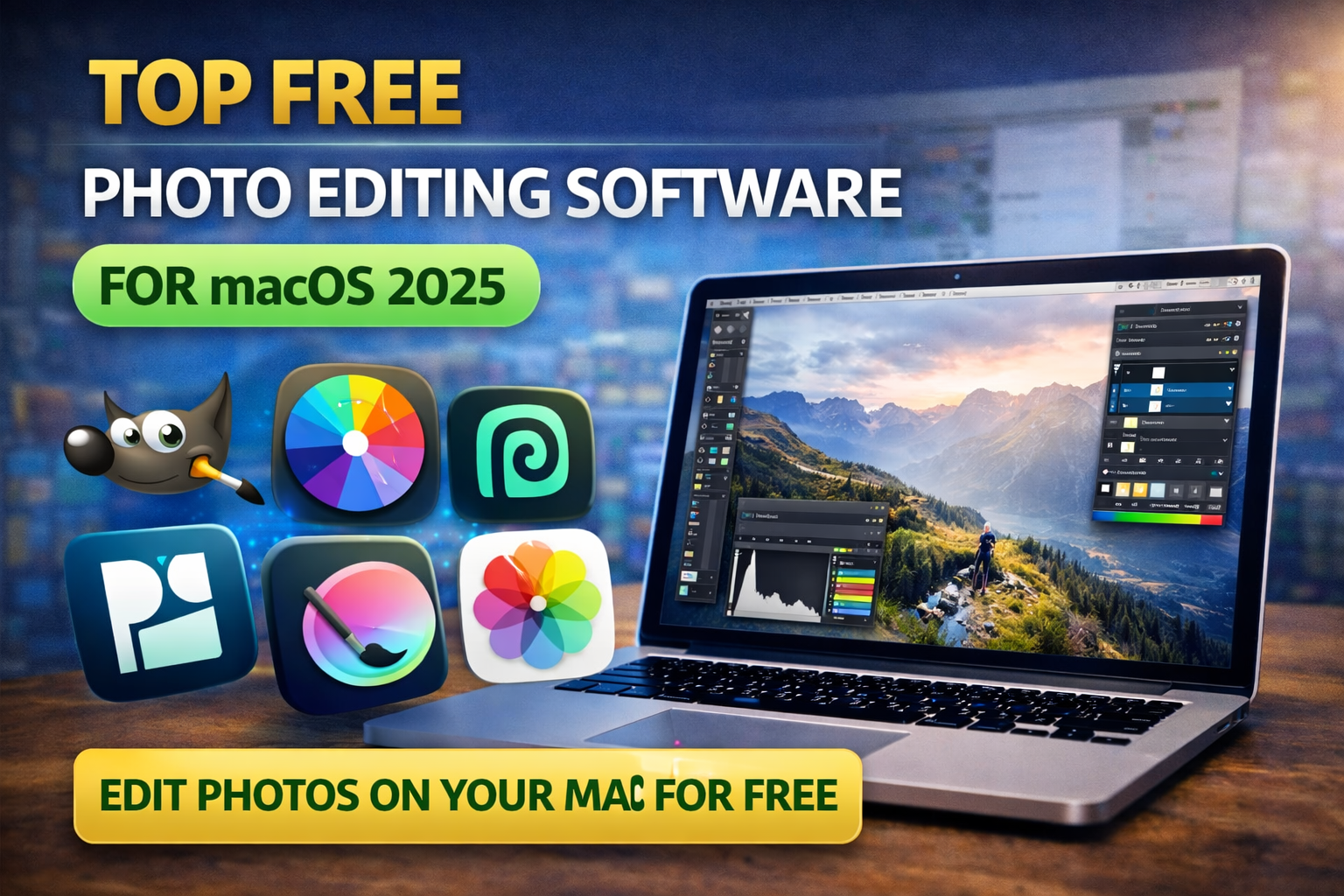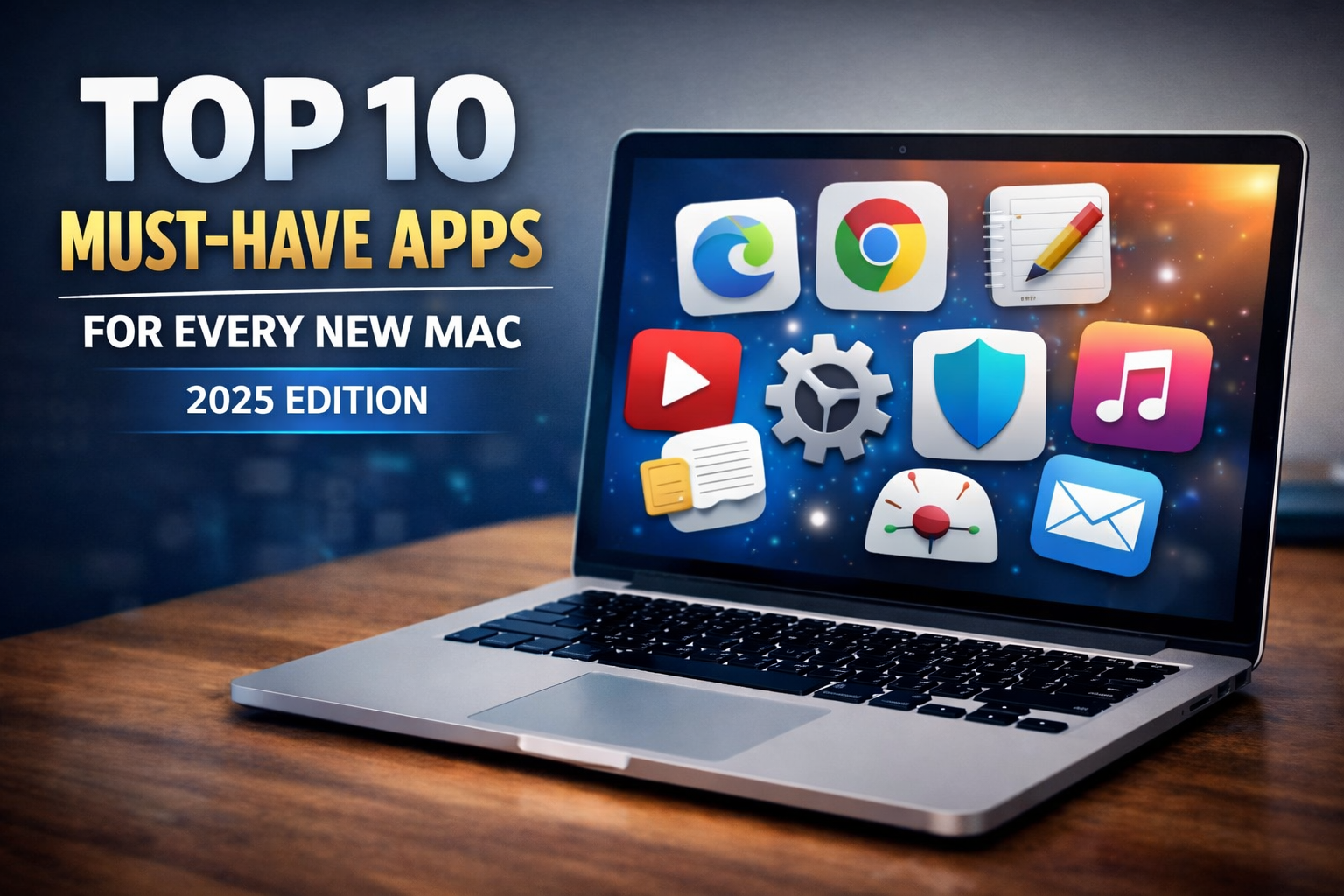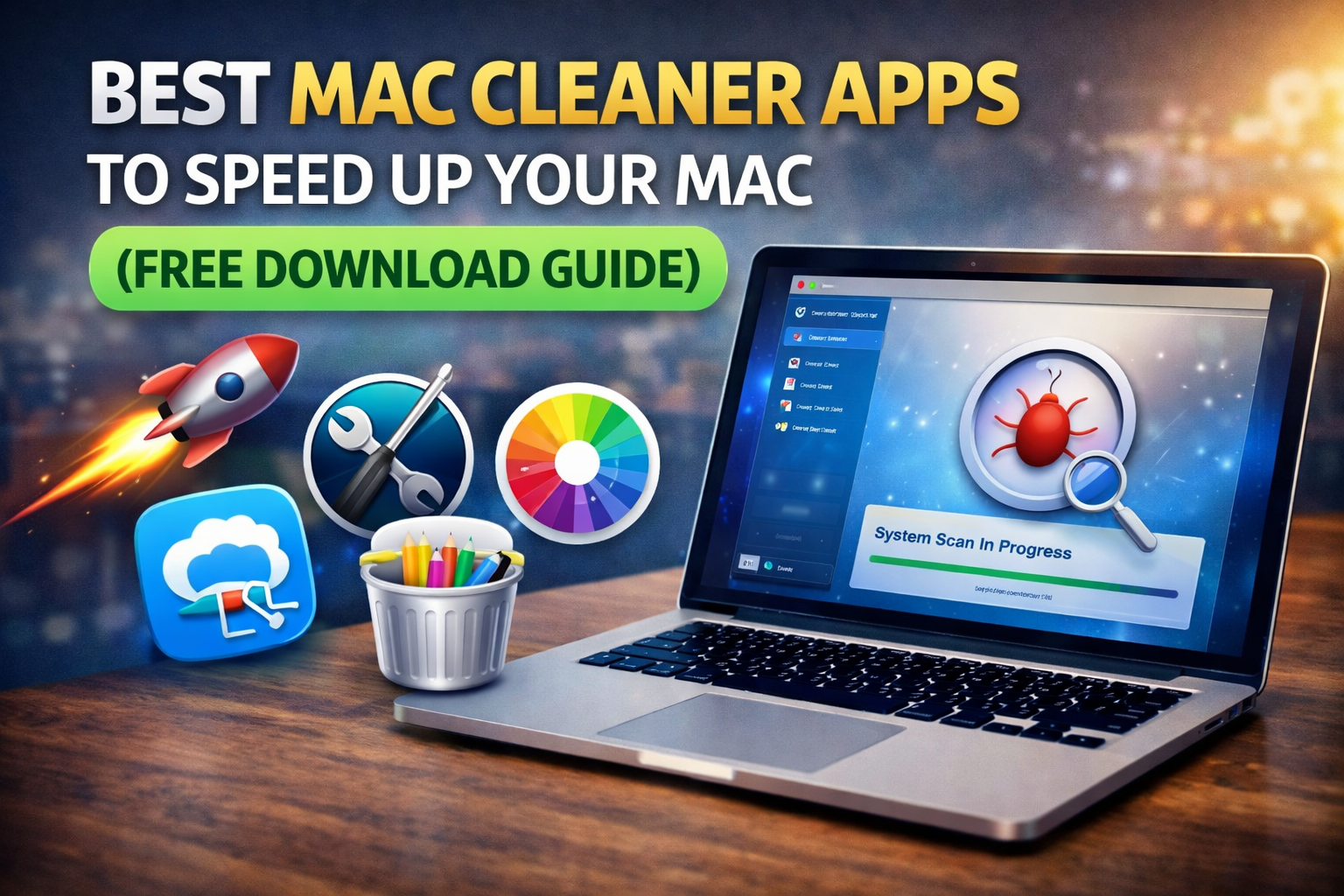

Additional Information
Lets you manage multiple Mac computers across your network!
| Version | Apple Remote Desktop 3.10 |
| Requirements |
macOS 11.0 Big Sur or later |
| Updated | October 11, 2025 |
| Author | Apple Inc. |
| Category | File Transfer and Networking |
| License | Paid |
| Language | English |
| Download | 442 |
Overview
The official way to manage your Apple computers from afar is with Apple Remote Desktop for Mac. You can perform a variety of activities with the application, such as new software deployment and assisting others remotely.
There are so many customization options and tools offered by Apple Remote Desktop. They all have five primary functions, which are Automation, Remote Administration, Remote Assistance, Asset Management, and Software Distribution.
If an administrator wants to perform an operating system upgrade or any other type of upgrade to software on their computer network, then they can use Apple Remote Desktop for macOS. His upgrade will affect all the computers of the network. Once the Task server receives the copied pack, it is deployed automatically to different stations. Any offline target computers will leave the task queued prior to it being available.
The app lets you locate, watch, and search for content on controlled computers. The Remote Spotlight feature lets you conduct searches for folders and files by entering metadata or name information. Once you find the folders or files that you want, you can delete them or transfer them remotely to your computer.
Each computer station has its own software installed, so you can use the program to generate analytical reports about each station. You can find out who logged into the station, and a lot of other helpful details.
If you need to give someone technical assistance remotely, then you can use the software’s screen sharing feature. It doesn’t even matter what their operating system is either. You can remotely control their computer from your own computer in order to assist them. If you need to transfer files, you can do so easily with the drag and drop functionality. Also, the Curtain Mode allows you to perform system tweaks on the local user’s computer without them seeing the actions you’re taking.
It includes more than 30 scripts built into it. You can use these scripts to schedule and execute various administrative tasks on every computer of your network. These tasks may include sleep mode, shut down, restart, or wake up on all the computer systems simultaneously. Other available tasks include volume adjustment and repair disk permissions. If you want to use custom shell scripts or UNIX commands, you’re welcome to do that.
More than 40 different Automator actions are included with Apple Remote Desktop. You can use these actions to eliminate repetitive tasks and connect multiple actions. That way, workflows can be created for various situations.
You’ll find an assortment of tools and features with Apple Remote Desktop. You can use these tools to manage all the computers within your network with very little hassle.
Features and Highlights
There are so many customization options and tools offered by Apple Remote Desktop. They all have five primary functions, which are Automation, Remote Administration, Remote Assistance, Asset Management, and Software Distribution.
If an administrator wants to perform an operating system upgrade or any other type of upgrade to software on their computer network, then they can use Apple Remote Desktop for macOS. His upgrade will affect all the computers of the network. Once the Task server receives the copied pack, it is deployed automatically to different stations. Any offline target computers will leave the task queued prior to it being available.
The app lets you locate, watch, and search for content on controlled computers. The Remote Spotlight feature lets you conduct searches for folders and files by entering metadata or name information. Once you find the folders or files that you want, you can delete them or transfer them remotely to your computer.
Each computer station has its own software installed, so you can use the program to generate analytical reports about each station. You can find out who logged into the station, and a lot of other helpful details.
If you need to give someone technical assistance remotely, then you can use the software’s screen sharing feature. It doesn’t even matter what their operating system is either. You can remotely control their computer from your own computer in order to assist them. If you need to transfer files, you can do so easily with the drag and drop functionality. Also, the Curtain Mode allows you to perform system tweaks on the local user’s computer without them seeing the actions you’re taking.
It includes more than 30 scripts built into it. You can use these scripts to schedule and execute various administrative tasks on every computer of your network. These tasks may include sleep mode, shut down, restart, or wake up on all the computer systems simultaneously. Other available tasks include volume adjustment and repair disk permissions. If you want to use custom shell scripts or UNIX commands, you’re welcome to do that.
More than 40 different Automator actions are included with Apple Remote Desktop. You can use these actions to eliminate repetitive tasks and connect multiple actions. That way, workflows can be created for various situations.
You’ll find an assortment of tools and features with Apple Remote Desktop. You can use these tools to manage all the computers within your network with very little hassle.
Features and Highlights
- Remote Spotlight Search
- Dashboard widget
- Automator actions
- AutoInstall
- Curtain mode
- Remote drag-and-drop
- Power Copy
- System Status Indicators
- Application Usage Report
- User History Report
- Smart Computer Lists
- Task Templates
Note: Requires an Ethernet (recommended), AirPort, or FireWire over IP network connection.
Previous versions More »
3.10
October 11, 2025
3.9.9
February 23, 2025
3.9.8
December 14, 2024
3.9.7
October 25, 2023
13.3 MB
3.9.6
June 25, 2023
13.6 MB










No comments yet. Be the first to comment!